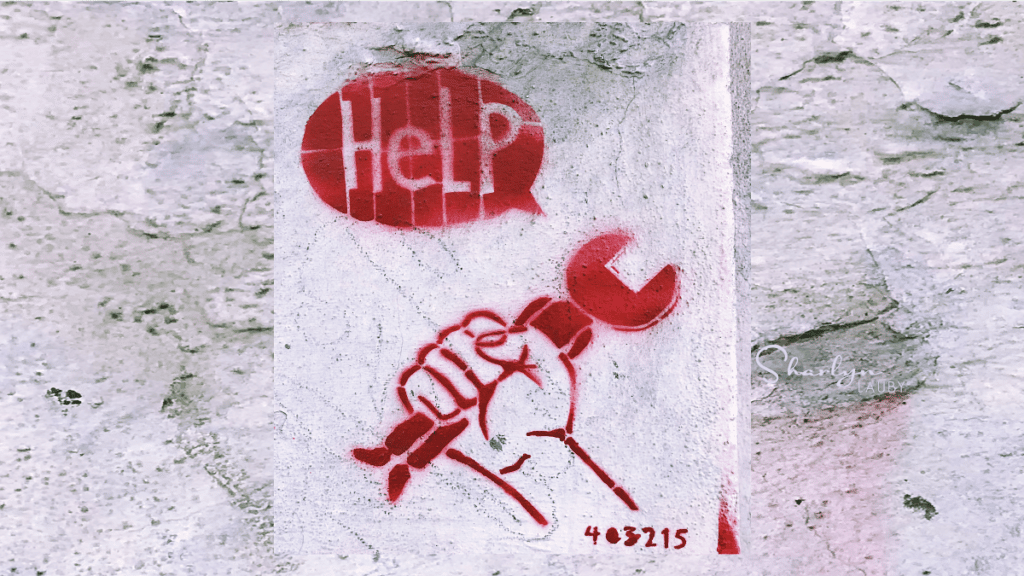How to Repair a Work Relationship
Estimated reading time: 4 minutes
As organizations are working on their “back to the workplace” strategies, one of the things they need to be conscious of is an increase in worker disagreements. It’s possible that after working remotely for a couple of years, employees might have new habits, processes, procedures, or feelings. That’s what today’s reader note is about – disagreements.
Hi Sharlyn, I love HR Bartender and really enjoy the articles where people write in with questions and you provide resources. I’m hoping you might have some advice for a situation I’m working through with one of the teams that I support.
I have two director-level employees who work in the same department and on the same projects, so a mutually respectful and collaborative relationship needs to exist between them. Some issues have come to the surface lately (though I think it was just icing on the cake of a deeper issue) that have put these two people at odds to the extent they try to avoid working together. One employee has acknowledged that they feel they have lost the trust of the other employee and is looking for ways to fix this.
The question is: What can a director (or any employee) do to re-establish trust with their peers once it has so badly damaged? Do you have any recommended trainings or resources you could provide so I can support them in resolving this? Thank you!!
Thank you so much for the kind words about HR Bartender. One of my favorite things to do is answer reader questions. So, I hope readers keep sending them.
Regarding this issue, I wish I had a training program, book, or checklist that would instantly repair this situation. But I don’t. That doesn’t mean there aren’t things the people involved in this situation shouldn’t consider. The employees must want to repair their work relationship.
I’m going to make a few assumptions here. First, I’m assuming that the source of their conflict isn’t illegal, unethical, or immoral. If it is, then HR would need to investigate the matter. My second assumption is that the employees realize how their strained work relationship is impacting themselves, the team, the department, and the organization. They also must know that this strained relationship will impact their ability to effectively lead, manage, coach, or mentor any employee on the same topic. Meaning, their professional credibility is on the line.
The good news is they have a tremendous opportunity to show everyone that they can bring their relationship to the level where they can work with each other. Please note: I didn’t say they have to be best friends or hang out together after work. I didn’t say they have to sit at the same table during their lunch break. They don’t have to chat over coffee about what happened during Season 2 of “Only Murders in the Building”. (Oh, and on a side note if you know, don’t tell me. I haven’t watched it yet.) Seriously, you get my point.
One of my favorite interview questions is “Tell me about a time when you had to work with someone you did not personally like.” At some point, we all have to do it. Sometimes we just don’t have anything in common with the other person. Sometimes we might have done or said something to hurt others. We need to be self-aware enough to recognize that if we made a mistake, we must own up and take responsibility.
Maintaining positive work relationships is an important part of our jobs. Just think about all the times we might ask or expect an employee or colleague to “be a team player”. As such, we need to listen and be prepared to work on our own work relationships. And if we find ourselves in a difficult situation with a colleague, then we need to recognize the importance of the work relationship and make the commitment to improve it.
Image captured by Sharlyn Lauby while exploring the streets of Havana, Cuba
26